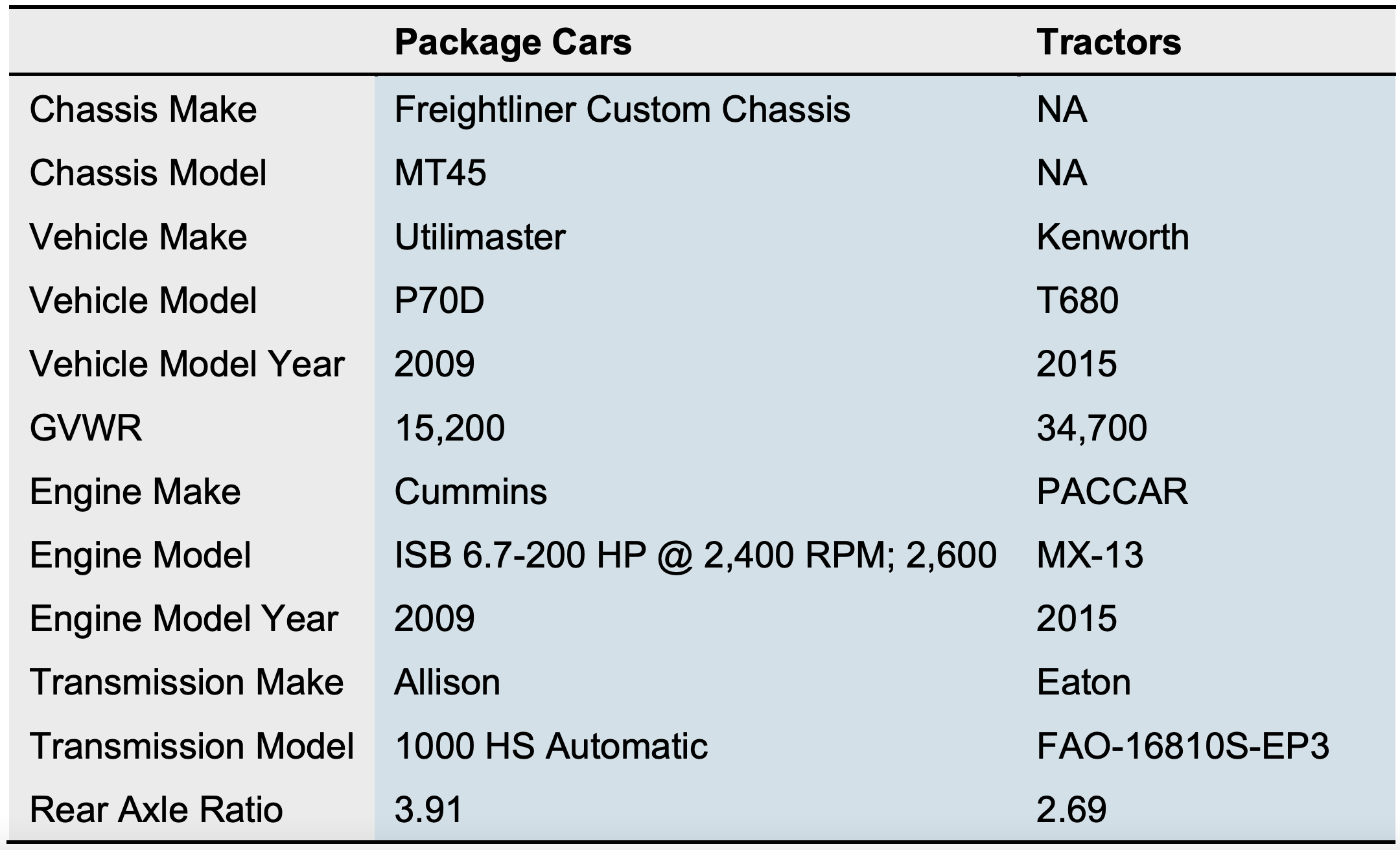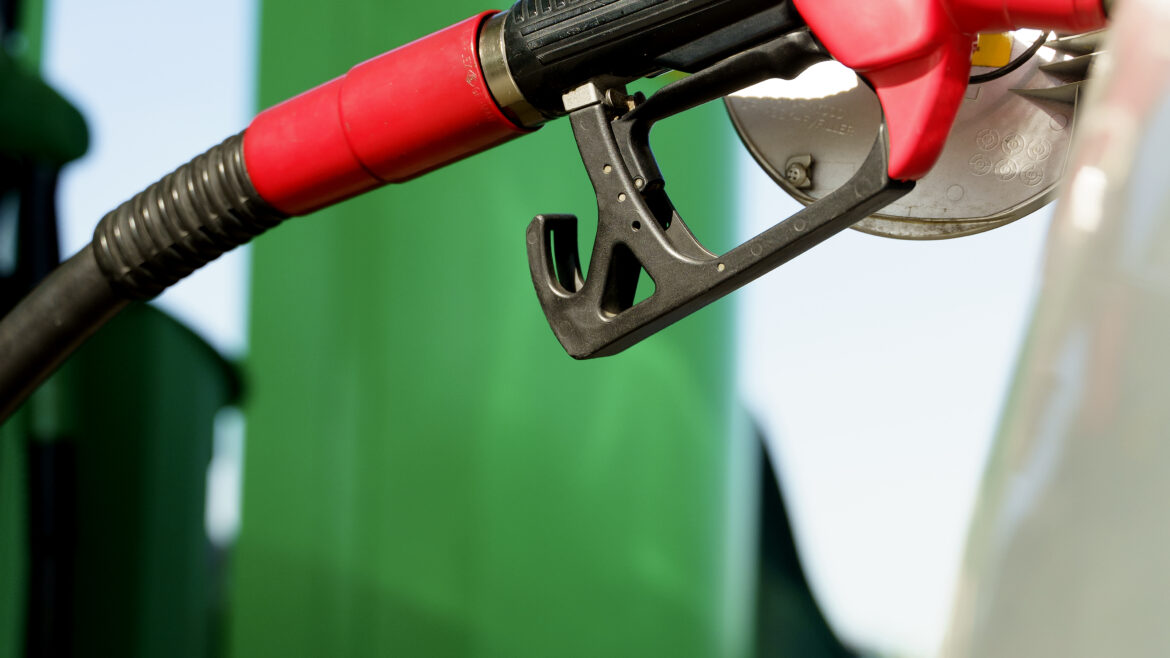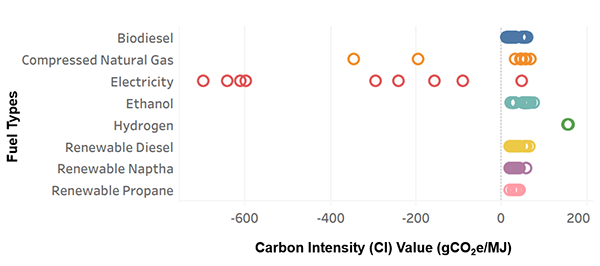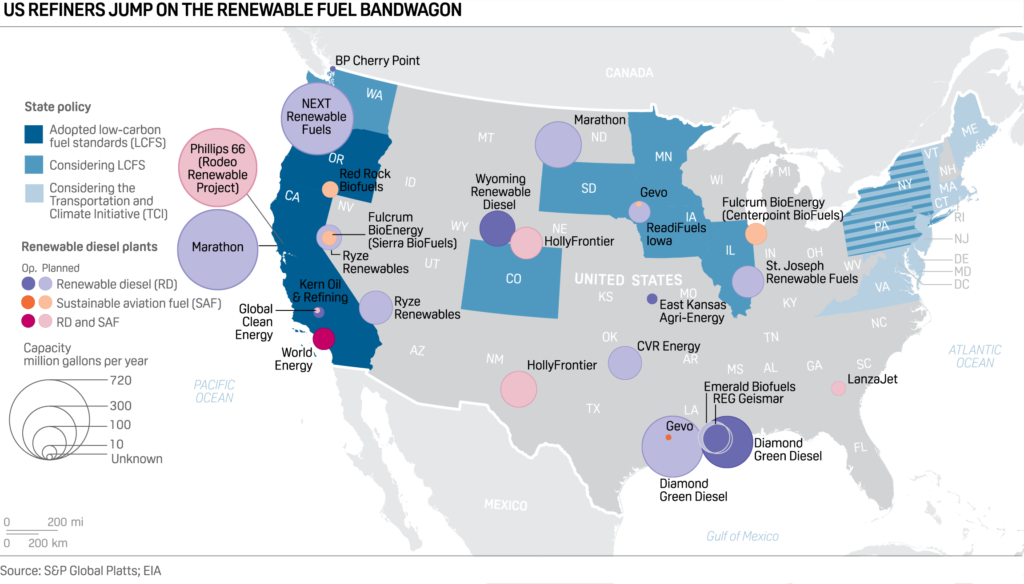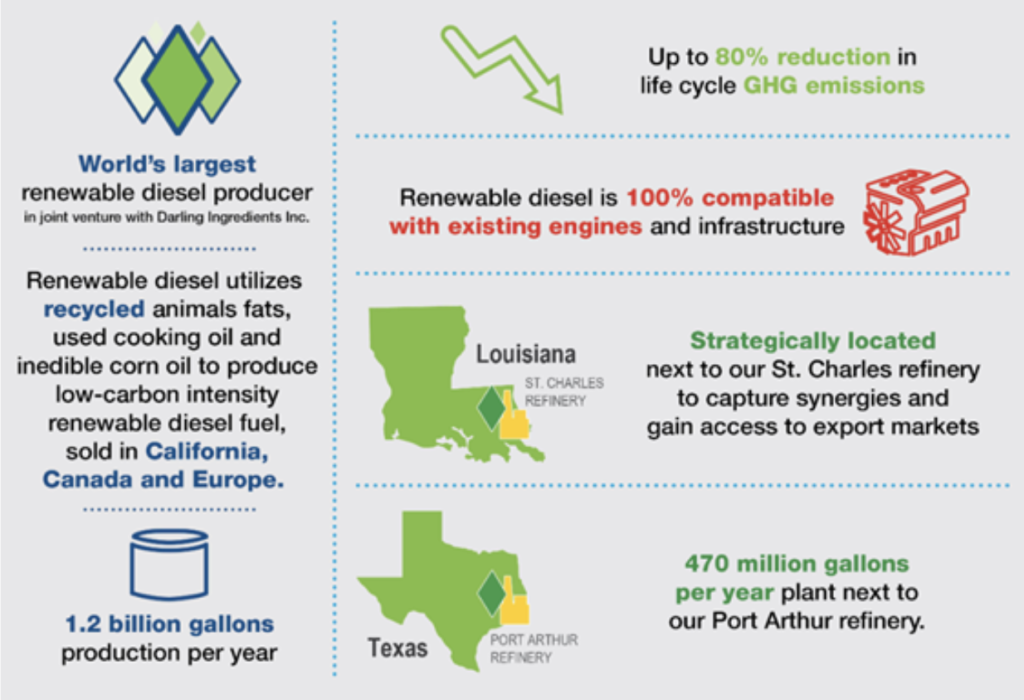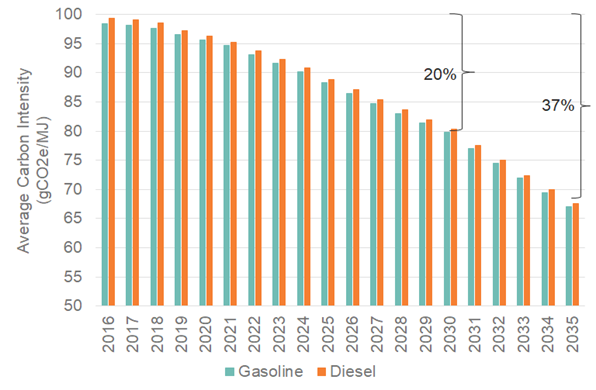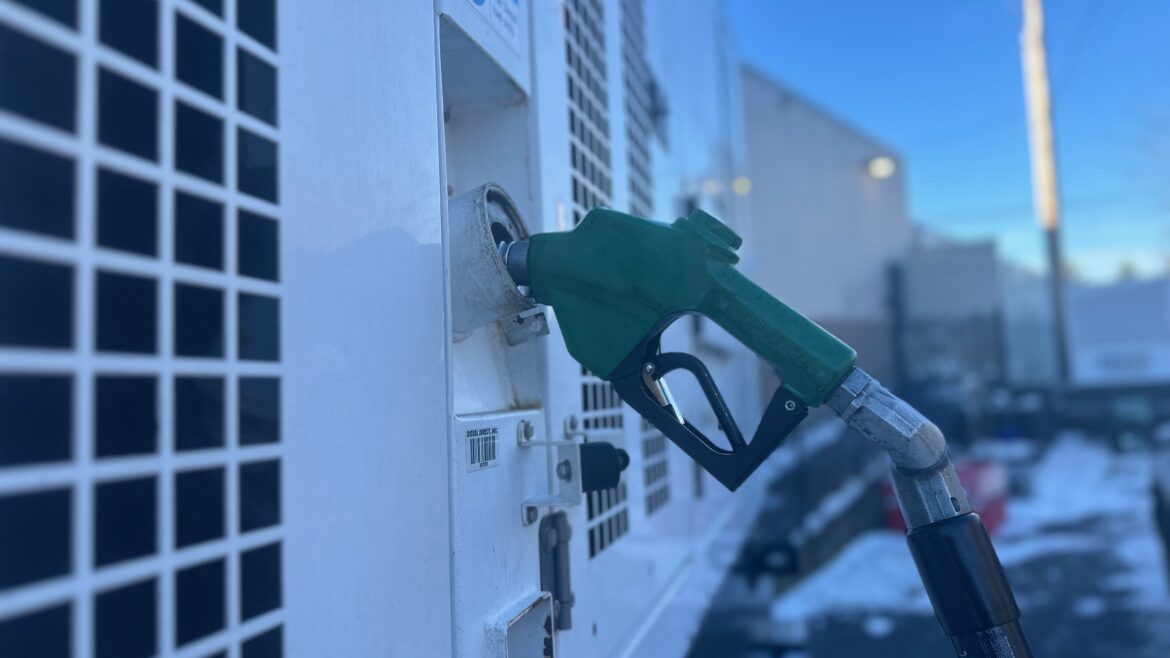Renewable Diesel vs Biodiesel for Heavy-Duty Trucks
The Fuel Revolution
In the realm of sustainable energy, the race for cleaner and more efficient fuels is a top of mind priority for the majority of the industry. As heavy-duty trucks continue to dominate our highways and play a pivotal role in transporting goods across the country, the choice of fuel is paramount. The two most common fuels used throughout the PNW for greener transportation are: Renewable Diesel and Biodiesel. In this blog, we’ll take a deeper look into the power generation of these fuels, highlighting the key differences between them and citing relevant studies that illuminate their qualities.

Renewable Diesel: The New Age Wonder Fuel
Renewable Diesel, often referred to as “green diesel,” or R99 is a high-quality alternative fuel that shares many characteristics with traditional diesel. However, it is derived from renewable feedstocks, such as vegetable oils, animal fats, and waste greases, through a process called hydrotreating. This process not only produces a cleaner-burning fuel but also eliminates impurities and aromatics found in traditional diesel. The result is a fuel with significantly lower emissions and enhanced performance.
Lower Emissions:
Perhaps the most significant advantage of renewable diesel is its environmental footprint. Studies, like the one conducted by the National Renewable Energy Laboratory (NREL), have shown that renewable diesel can reduce greenhouse gas emissions by up to 80% compared to standard diesel. This drastic reduction in emissions makes it a vital fuel in the efforts to combat climate change.
Better Fuel Economy:
Renewable diesel boasts a higher energy content than biodiesel, allowing vehicles to travel more miles per gallon. A study by the California Air Resources Board (CARB) demonstrated that renewable diesel can improve fuel efficiency by 5-7% compared to biodiesel. For the trucking industry, this translates to significant cost savings.
Compatibility:
One of the standout features of renewable diesel is its compatibility with existing diesel engines and infrastructure. Heavy-duty trucks can make the switch to renewable diesel seamlessly, without requiring any engine modifications or special storage facilities.
Reduced Maintenance:
Studies like the one from the University of California, Riverside, have indicated that renewable diesel can lead to reduced engine wear and lower maintenance costs. The fuel’s superior lubricity and cleaner combustion help extend the lifespan of engine components.
In 2015, NREL ran a study in partnership with the UPS and the Clean Cities Coilation to compare the fuel economy and overall impact of renewable diesel compared to petrelem diesel in 12 USP delivery vehicles operating out of Houston. The results of this study were that renewable diesel reduced carbon emissions by 4.2% comparatively to petroleum diesel. This finding is a result of the properties of renewable diesel given its higher mass-based heating value and lower carbon-hydrogen ratio.
The UPS is one of the largest user of renewable diesel in the world. In 2015 UPS announced their plans to purchase over 40 million gallons of the sustainable fuel over the next three years (2015-2018). UPS was supplied this renewable diesel by Solazyme (now known as TerraVia).
BIODIESEL
Biodiesel, often derived from vegetable oils or animal fats through a process called transesterification, has been around for a while and has made significant strides in reducing emissions compared to traditional diesel. However, when pitted against renewable diesel, there are some critical differences.
The Limitations of Standard Biodiesel
Emissions:
While biodiesel is undoubtedly cleaner than traditional diesel, studies like the one published in the Journal of Environmental Science and Technology show that its greenhouse gas reduction potential is not as remarkable as that of renewable diesel. The production process of biodiesel also consumes substantial energy, offsetting some of its environmental benefits.
Performance:
Biodiesel’s energy content is lower than that of renewable diesel, resulting in decreased fuel efficiency. Research from the University of Nevada, Reno, indicates that biodiesel can lead to a 3-10% reduction in fuel economy compared to renewable diesel.
Cold Weather Performance:
Biodiesel has a higher cloud point and gel point than renewable diesel, making it less suitable for cold-weather operations. Trucks operating in regions with harsh winters may encounter issues with fuel gelling, potentially causing operational disruptions.
Compatibility Challenges:
Biodiesel’s higher viscosity can lead to filter plugging and injector coking in some older diesel engines. This issue necessitates additional maintenance and potentially costly modifications.

The Road Ahead: Renewable Diesel’s Triumph
In the comparison of Renewable Diesel vs. petroleum diese for heavy-duty trucks, renewable diesel emerges as the clear winner. Its lower emissions, superior fuel economy, compatibility with existing infrastructure, and reduced maintenance requirements make it a game-changer in the transportation industry’s quest for sustainability.
Studies across the board indicate that renewable diesel outperforms standard biodiesel in terms of environmental benefits and cost savings. For heavy-duty truck operators looking to reduce their carbon footprint and improve their bottom line, renewable diesel is undoubtedly the fuel of the future.
In the quest for a greener future, renewable diesel has firmly taken the lead. Its remarkable reduction in emissions, better fuel economy, and seamless integration into existing diesel infrastructure make it the go-to choice for heavy-duty truck operators. While standard biodiesel has made commendable progress in reducing emissions, renewable diesel emerges as the winner in the arena of cleaner and more efficient fuels.
The studies quoted in this blog are just the tip of the iceberg, illustrating the overwhelming evidence in favor of renewable diesel. As we move forward in our pursuit of sustainable transportation, it’s clear that renewable diesel will play a pivotal role in driving us toward a cleaner, more environmentally friendly tomorrow.
Sign up for our newsletter to stay up to date



